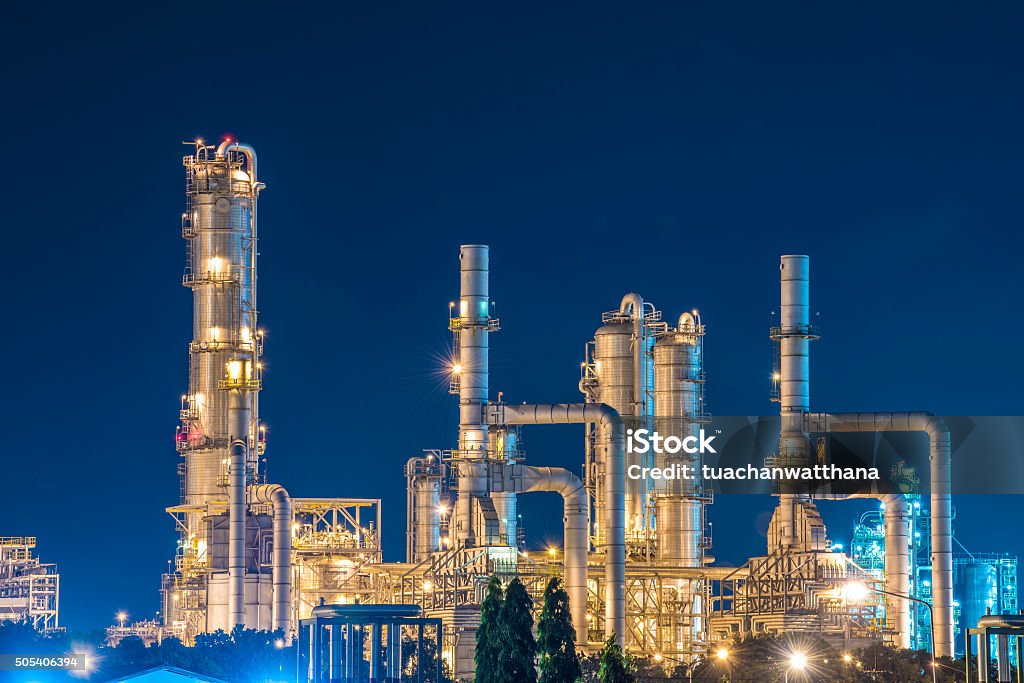Rentierism and MENA
September 26, 2023
Michael Ross, in his article, “Does Oil Hinder Democracy, “analyzes rent in the Middle East and North Africa, investigating the negative impacts associated with those who have high national income from rents and connections to authoritarianism. Ross asks insightful questions about how “resource wealth” affects governing bodies and the populations of such states. In addition to his analysis, Ross claims that resource wealth derived from minerals and oil resources makes states less democratic.

https://www.istockphoto.com/photo/oil-refinery-with-twilight-sky-gm505406394-83666411
Given our class discussion and readings, if oil rents produce peculiarly damaging political and social outcomes in the Middle East and North Africa, it is the interaction of rents with other factors, not just the size of the rent itself. Though it may not be immediately apparent what the factors in question are, it is clear that there are other relevant issues than the size of rent alone.
This question reminded me of the video we watched by the Center for Global Development in class and its concept of rent. Consider a country which, due to high rent income, lowers taxes. If the taxes are lowered or nonexistent, citizens may have less power because the rent goes directly to the government and is the government’s money. Such a state that does not utilize its citizens’ money to improve the state is no longer obligated to act on behalf of the population. The state has no accountability. The video addresses this issue by suggesting that rent money goes to citizens. This idea is consistent with Ross’ theory of the rentier effect. States with low accountability must rely on things such as patronage and low taxes in order to maintain control. The relevant chapter from the political economy books suggests patronage will not lead to a sustainable economic future. Patronage also harms those without access to resources like familial connections and, therefore, no clear employment. The video, reading, and Ross’s article suggest that it is not just the size of the rent that matters but also who controls the usage of the rent.
Ross’ article demonstrates that state wealth in relation to its oil rent is a particularly relevant factor to a negative impact on democracy. Ross states, “a given rise in oil exports will do more harm in oil-poor states than in oil-rich ones. Hence, oil inhibits democracy even when exports are relatively small, particularly in poor states.” (Ross, 342). Given that the factor of state wealth compared to oil rent impacts the negative consequences to a country, it seems unlikely that just the enormous size of oil rents makes them damaging. There must be internal factors within countries that increase harmful outcomes.
Therefore, it seems that at least given the resources we have in class, oil wealth and a combination of other factors make states less democratic. However, the issue of the unusual size of oil rents cannot be ignored, and may very well be one of the many factors that create adverse social and political outcomes in MENA.
Center for Global Development . (2012). Oil to Cash: Fighting the Resource Curse through Cash Transfers. YouTube. Retrieved September 26, 2023, from https://www.youtube.com/watch?v=b8f7MSOLMRk&t=3s.
Ross, Michael Lewin. 2001. “Does Oil Hinder Democracy?” World Politics 53, 3. (Apr.): 325-361
Leave a Reply